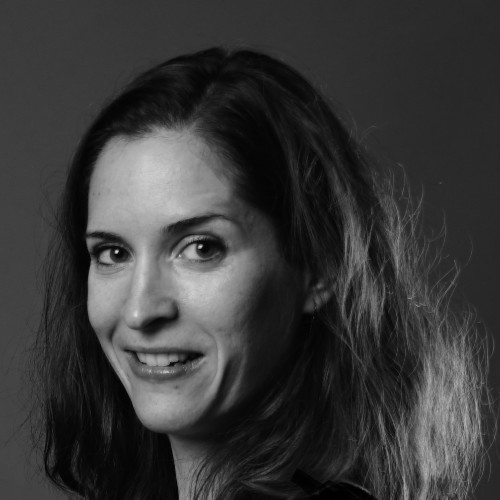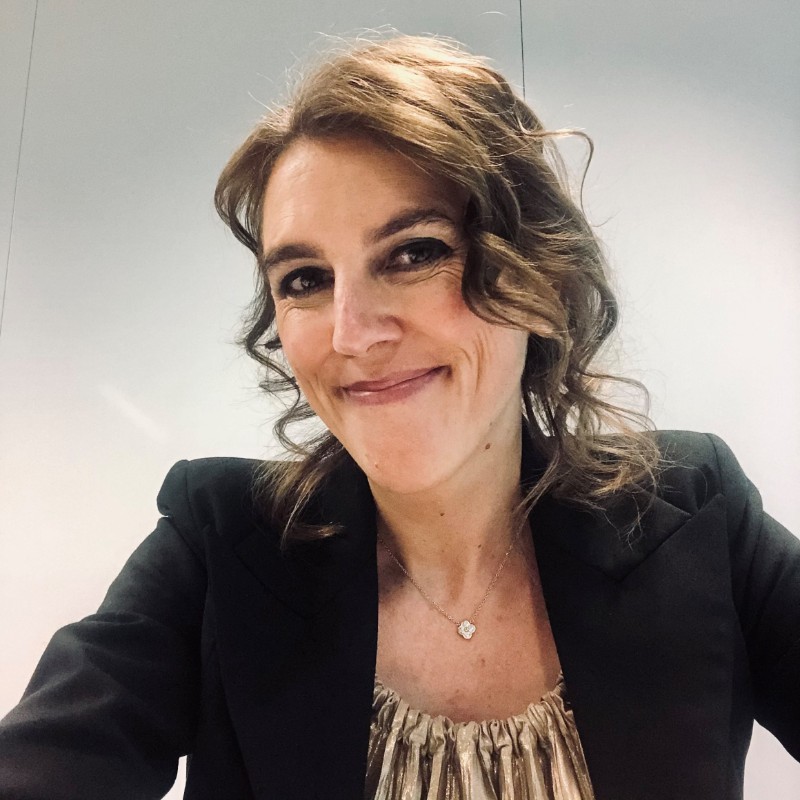
Daniel Gibbs
Climate Consultant, Enterprise and Climate Propositions

NatWest
United Kingdom
- sustainability
- employee engagement
Daniel Gibbs is a Climate Consultant working in strategizing and creating new sustainability solutions to accelerate the transition to Net Zero. He designs exciting and innovative climate solutions to help businesses find new ways to reach Net Zero, whether it is through financing, carbon capture, transparency tools and more.
Program Mission
Climate change is among the most pressing crises that we have ever faced and finding solutions that work for everyone is the best way we can stop it. At NatWest, the core mission is to help employees embed sustainability into their home and work lives.
“We help people feel like they know what they can do, and then make them accountable for it by putting it in their career development plans.”
Daniel Gibbs – Climate Consultant, Enterprise and Climate Propositions at NatWest
As a part of the Sustainable Future’s Network, a network of 3,000 people who look to drive sustainability forward with within their own organizations, Daniel’s goal is to bring sustainable practices into both home and work life. And his work at NatWest supports this mission in a number of different ways.
- Making the top-down strategy more meaningful to people across the business. While a CEO can be an incredibly articulate, passionate, and exciting person to listen or speak to about climate, when they make a statement, they’re talking to a diverse range of people from regulators, shareholders, investors, markets, as well as the people in their organization. And this conversation is not always going to feel relevant to people in different areas of the business. At NatWest, they work to turn the conversation into an event or an initiative – which anyone can take part in – to help make the strategy more meaningful and more local to their people.
- Creating the bottom-up strategy around sustainability. The reality of being a senior leader within an organization is that you don’t actually see much of the day-to-day work that the company does. Senior leaders don’t regularly speak to customers nor interact with the processes that mean that the business functions. This is why NatWest tries to work as a forum for people to be able to connect, discuss, and share ideas. This approach enables them to connect people to the senior people that can make decisions and changes to the strategy once they’ve collected ideas from everyone across the entirety of the business. And the next big step is to help organizations actually set up their own networks so that they can really understand how to engage their employees in sustainability going forward.
- Forging a personal connection. By making information about personal impact more accessible so that employees can calculate their day-to-day carbon footprint and share results with friends and family, NatWest is able to achieve their goal of embedding sustainable practices and mindsets into the professional and personal lives of their employees.
The Results
Thanks to the 60,000 people at NatWest across the globe, the organization is able to make a huge impact when their people make really small changes to their day-to-day.
Through their efforts they’ve saved…
- 128,000 kilograms of carbon over the course of nine months with a commitment to save 433,000 more
- 4 million liters of water with a commitment to save 15 million more
- They’ve reduced the amount of land area needed to feed NatWest employees by first 6,000 square meters
- Prevented the use of 20,000 individual pieces of single use plastic
But what the NatWest team are particularly interested in is the indirect impact that this sort of work creates – which was not what they anticipated. In fact, they were happy to see how their efforts have helped to connect the personal and private lives of their employees in a positive way.
This was due to the fact that children would say to their parents, “I was looking at the tool the other day, and we could go on holiday in the UK rather than flying abroad this year.” This kind of conversation motivates employees to make a difference in their professional lives as well. Because of this, NatWest saw an uptick in sustainable products coming from their teams, as well as their people thinking more about the amount of waste that the business produces. And this was mainly due to people’s children bringing attention to the tool and building it into their day-to-day lives.
How do you keep employees thinking about sustainability over time?
“We’ve actually seen that knowledge is not the problem that stops people from talking about about climate change and sustainability – it’s confidence. People are really passionate about these issues but they don’t want to look silly or like they’re somehow faking their passion when they don’t know something. So a lot of what we do now is focus on building confidence, not just knowledge. To do this, we’ve created an informal network where people can bring new ideas and get feedback before they go and speak to their line managers or their bosses. And this has made a really big difference when it comes to actually having conversations about climate change.”
Daniel Gibbs – Climate Consultant, Enterprise and Climate Propositions at NatWest
Or check out
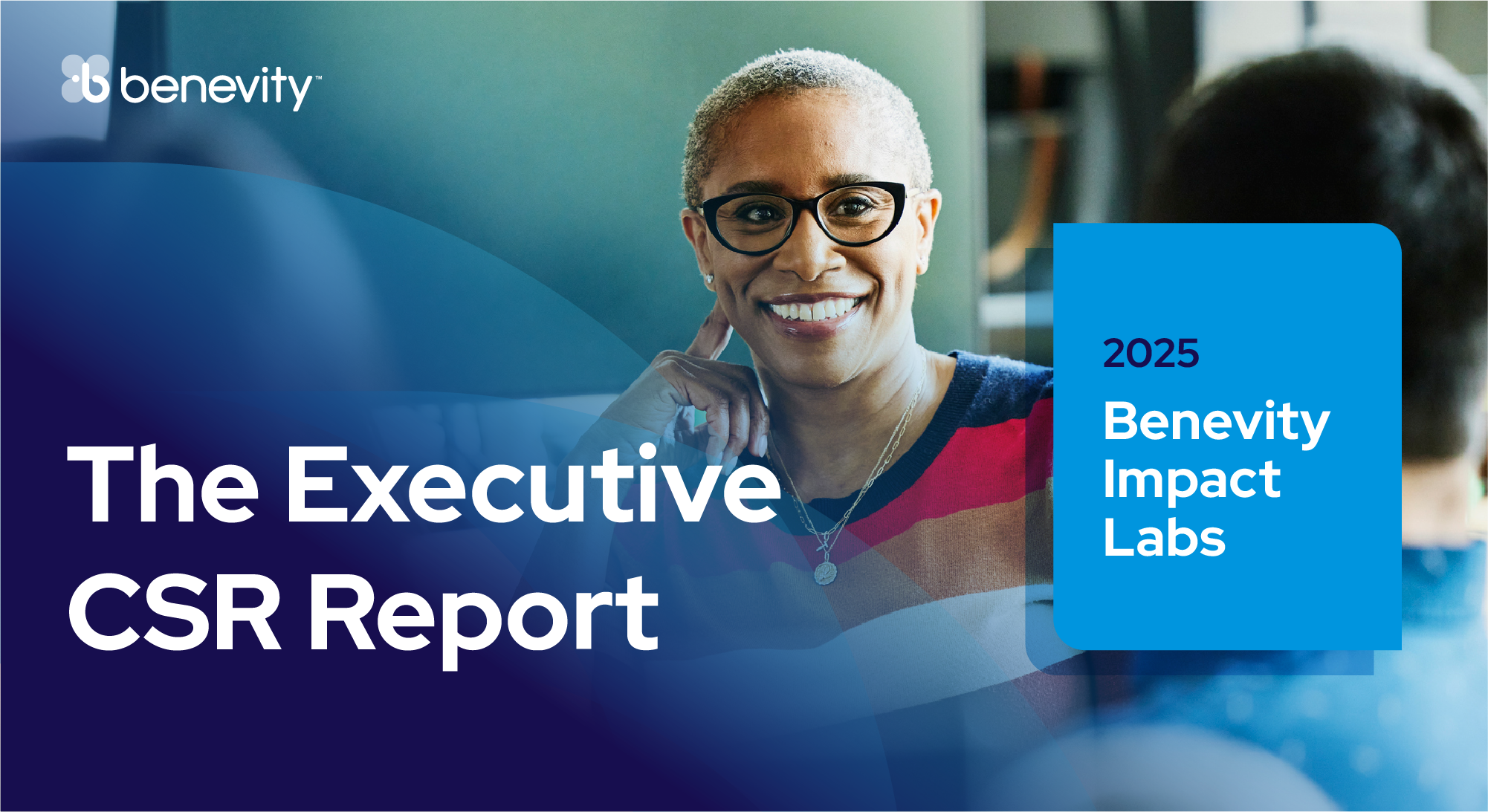
Benevity report predicts surge in CSR investment amid heightened public scrutiny
New survey of 500 executives reveals 76% are committed to increasing CSR budgets, viewing it as key to driving business ROI.
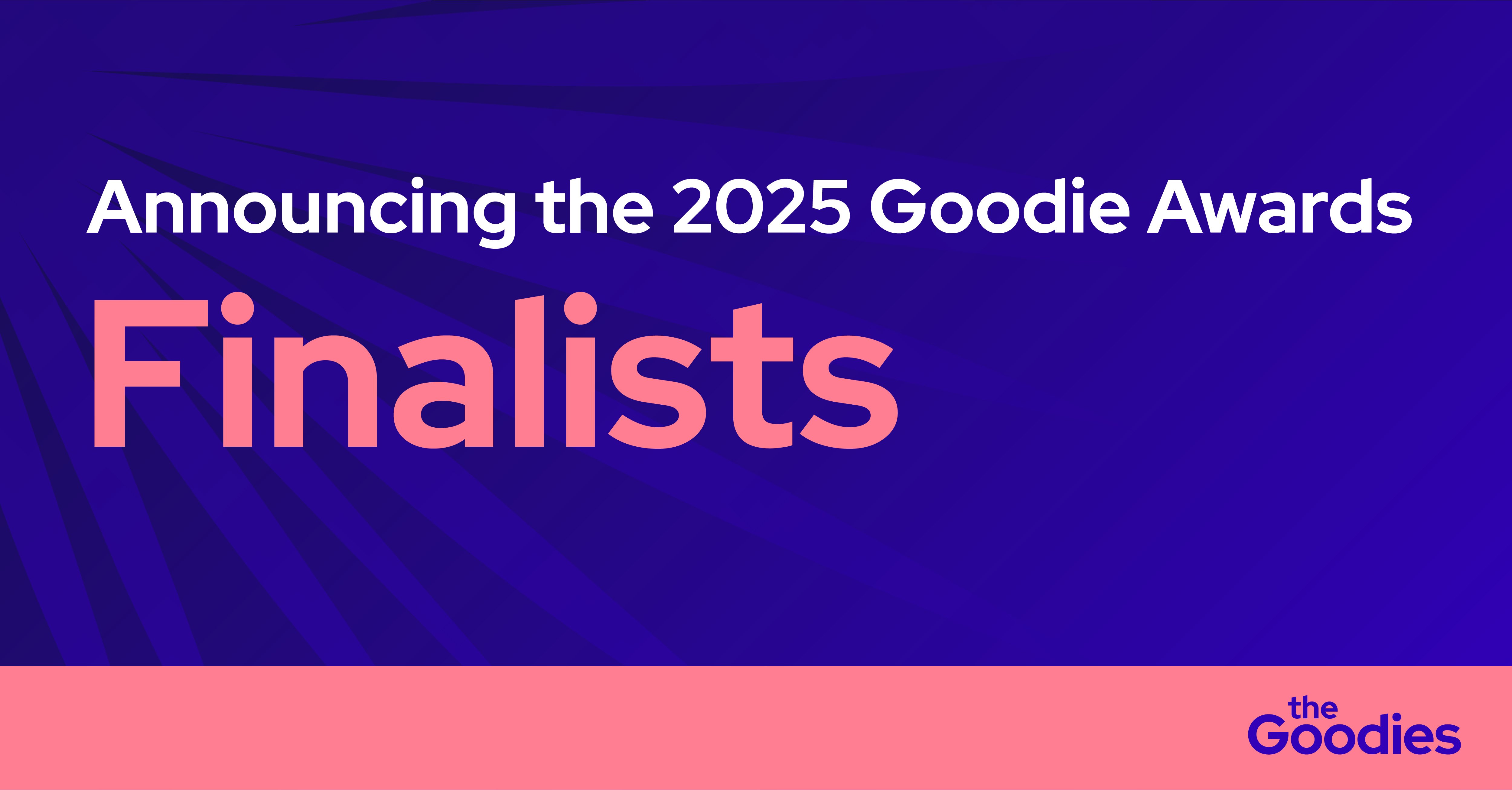
Announcing the 2025 Goodie Awards Finalists
Check out the 2025 finalists for Benevity’s Corporate Goodness Awards, aka The Goodies. Celebrate outstanding companies' corporate purpose programs and awe...
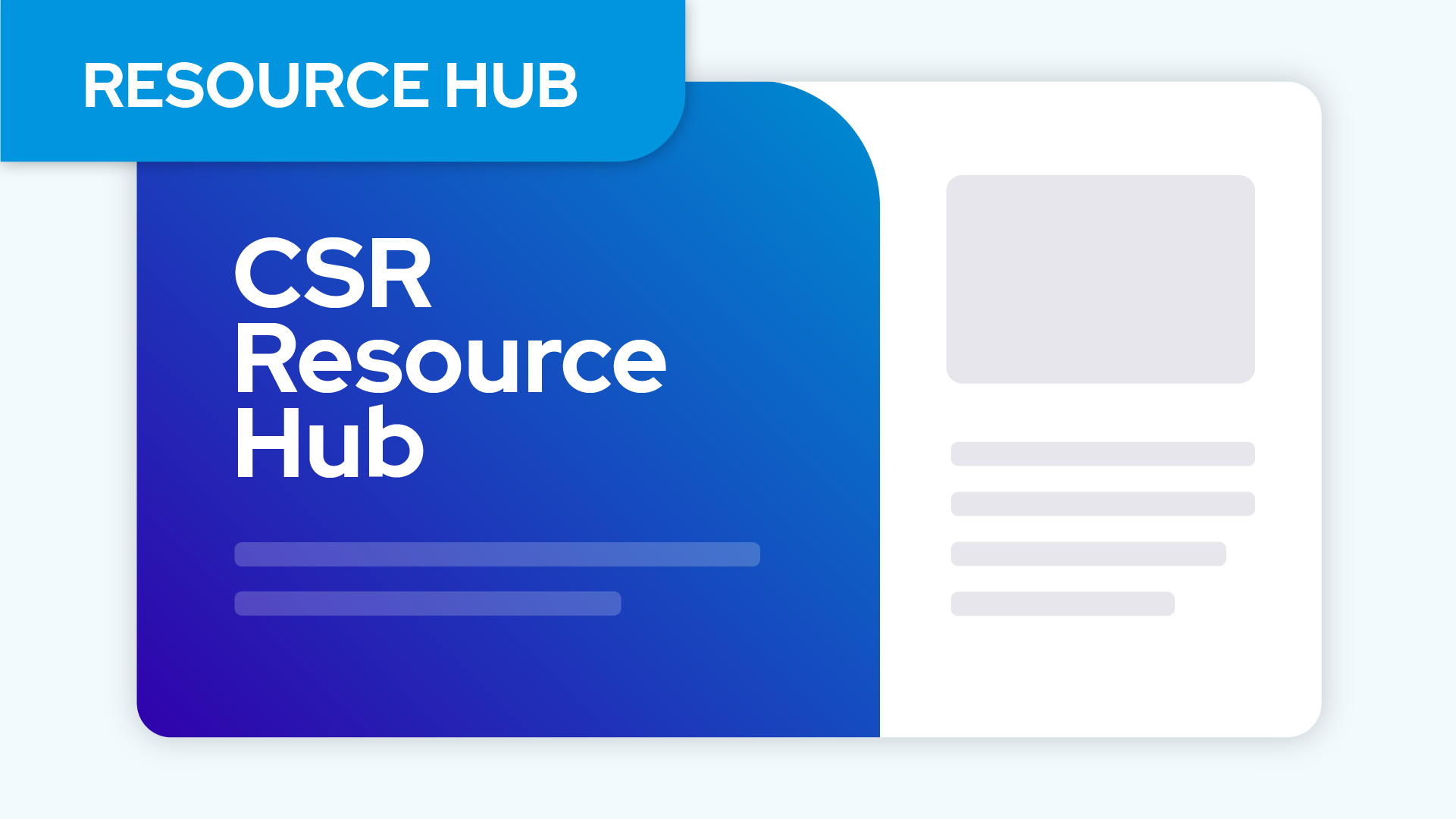
Leading With Purpose Resource Hub
Explore expert insights and tools to help your company lead with purpose and adjust CSR strategies in response to federal grant changes.





